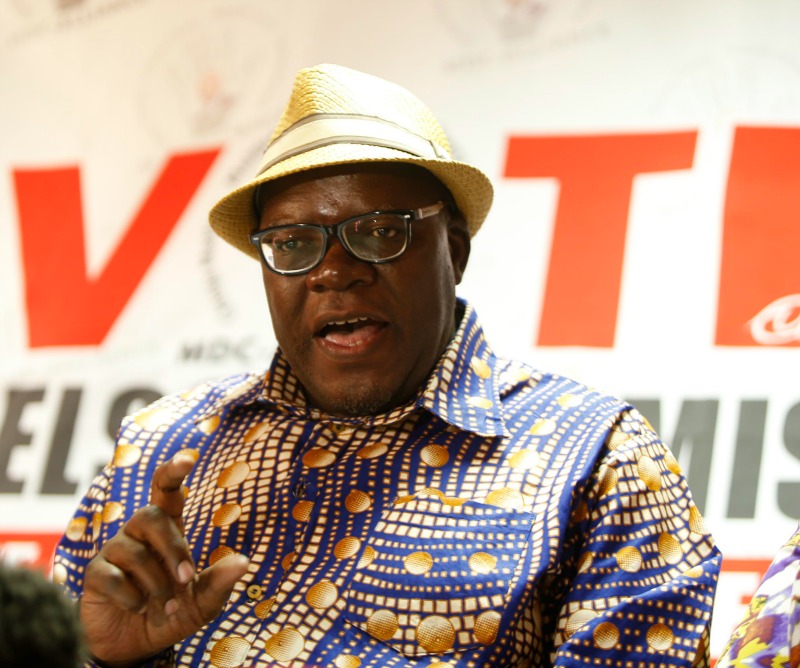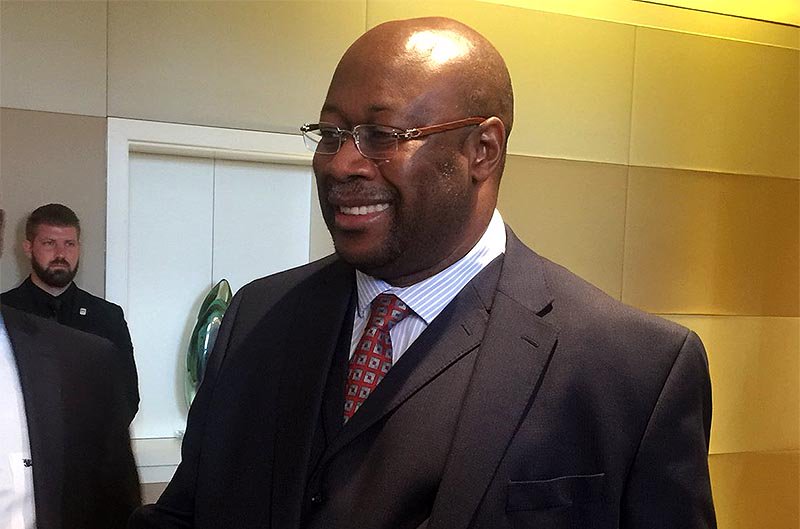HARARE – The government has dismissed as “fake news” claims by former finance minister Tendai Biti that Zimbabwe will launch a new currency within days.
“The government has noted with concern falsehoods coming from some political quarters claiming that Zimbabwe will issue new currency next week. This needs to be dismissed with the contempt it deserves. This has no base in fact or reality. It’s unfounded Fake News,” the Information Ministry said on its Twitter feed on Monday.
Earlier, Biti tweeted that President Emmerson Mnangagwa’s government was launching a new currency “this week.”
“The regime will this week introduce a new Zimbabwe currency not backed by any reserves and without the context of structural reforms which are a prerequisite of currency reform,” Biti tweeted.
He said the plan was “pure undiluted insanity”, warning that “an unbanked currency is just the bond note by another name.”
“There’s no country in the world that has involuntarily dollarized that has ever succeeded in de-dollarizing. Zimbabwe will not be the first. Whilst a currency is about fundamentals, ultimately the most important fundamental is confidence. There’s absolutely no trust in this regime,” said Biti, the current MP for Harare East and deputy chairman of the Movement for Democratic Change.
Zimbabwe abolished its hyper-inflation-destroyed currency in 2009 and mainly uses the US dollar. Finance Minister Mthuli Ncube said in January that the country will be launching a new currency before the end of the year, without elaboration.
Last week, Biti urged the Zimbabwe government to adopt the South African ran, saying the US dollar was too strong.
Joining the so-called Common Monetary Area, in which Namibia, Lesotho and Eswatini peg their currencies to the rand, would reduce costs, he said.
“The advantage of joining a rand monetary union would be that it would foist some much-needed discipline on the Zimbabwean economy,” Biti said. “It would also enhance regional integration” by giving manufacturers in the country access to 300 million consumers in southern Africa, compared with the 100,000 he estimates can still afford goods usually bought by the middle class in Zimbabwe.
Zimbabwe’s central bank prints quasi-greenbacks called bond notes and an electronic currency known as RTGS$ to fund rampant government spending and stem the shortage of foreign exchange. That has resulted in a convoluted system of exchange rates, with consumers charged different prices depending on how they pay even though the government insists all the securities are at par with the dollar.
Biti said both the bond notes and RTGS$ should be scrapped.
Inflation reached an estimated 500 billion per cent in 2008 before the Zimbabwe dollar was scrapped. The rate rose to 42 per cent in December from 31 per cent in November. Price-growth risks are entering another hyperinflationary cycle, driven by the government’s “insatiable appetite” to spend money it doesn’t have, Biti said.
“To have two hyperinflationary spells in a period of 10 years is a miracle of failure,” said Biti, who was finance minister from February 2009 until September 2013.















